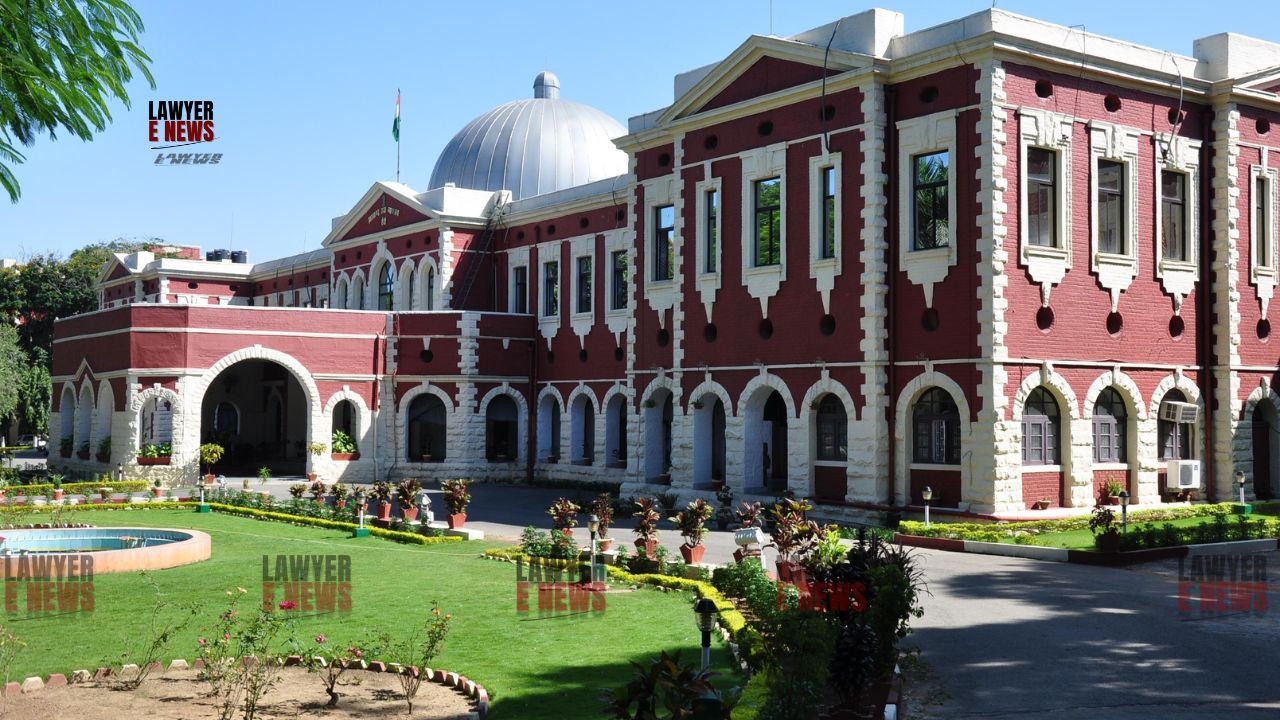-
by Admin
15 February 2026 5:35 AM



Court emphasizes entire service tenure evaluation for pension reduction under Rule 139 of Jharkhand Pension Rules. The High Court of Jharkhand, in a recent judgment, reversed a decision to withhold 10 percent of a retired engineer’s pension for two years. The court underscored that pension decisions must consider the entirety of an employee’s service record, not isolated incidents. This ruling reinstates full pension benefits to Swetabh Kumar, a retired Engineer-in-Chief of the Drinking Water and Sanitation Department, and sets a precedent for similar cases.
Swetabh Kumar, who retired on February 28, 2022, faced a reduction in his pension due to alleged technical sanctioning errors that led to structural failures within a year of project completion in 2012. The state government, invoking Rule 139 of the Jharkhand Pension Rules, reduced his pension by 10 percent for two years, a decision Kumar challenged in court.
The court highlighted that evaluating a single instance of alleged misconduct was insufficient for deeming an employee’s service as “not thoroughly satisfactory.” The bench stated, “The entire service record of an employee must be scrutinized comprehensively. A solitary instance cannot justify adverse pension decisions unless there is a broader pattern of unsatisfactory performance.”
The court’s reasoning focused on differentiating the application of Rule 43(b) and Rule 139 of the Jharkhand Pension Rules. Rule 43(b) applies when there is a finding of grave misconduct through departmental or judicial proceedings, which was not the case for Kumar. Rule 139, used by the state, allows pension reduction if service is not “thoroughly satisfactory,” but this should be based on an overall service review, not an isolated incident.
The court referenced the Supreme Court’s ruling in State of Bihar & Ors. V. Mohd. Idris Ansari (1995 Suppl. (3) SCC 56), which stipulated that pension reduction under Rule 139 must be exercised within three years from the pension sanction date and should consider the entirety of the service record. The High Court emphasized this holistic approach in its judgment.
Justice Sujit Narayan Prasad observed, “The service record must be assessed in its totality, and a single instance of irregularity does not suffice to classify the entire service as unsatisfactory.” He further stated, “The statute must be read as it is, without insertion or deviation, ensuring a fair and comprehensive evaluation of an employee’s service tenure.”
The High Court’s judgment reinstates Swetabh Kumar’s full pension and reinforces the legal principle that pension decisions should reflect an employee’s entire service record. This ruling is expected to influence future cases involving pension reductions, ensuring a fairer and more comprehensive evaluation process.
Date of Decision: July 18, 2024
Swetabh Kumar v. State of Jharkhand
